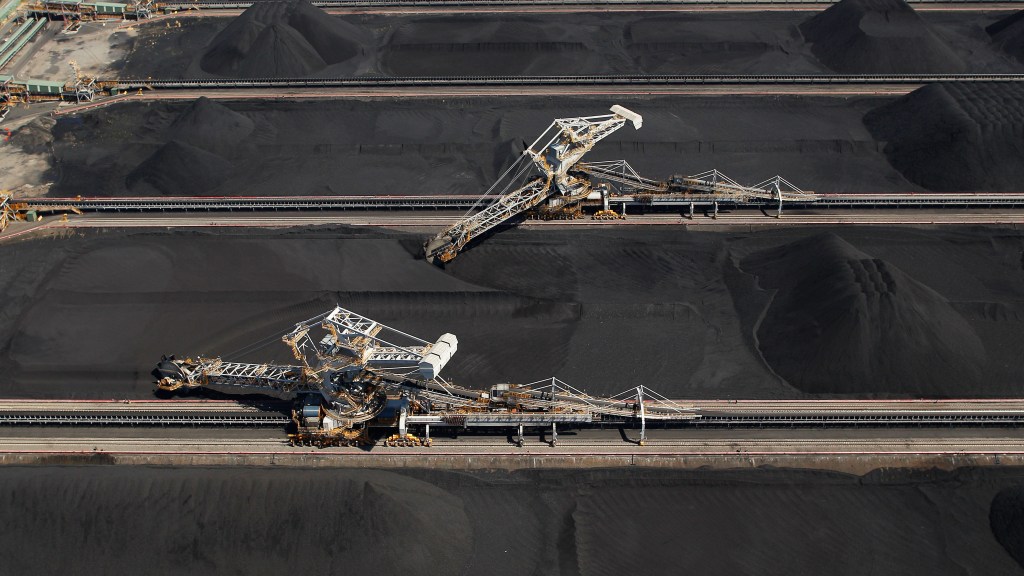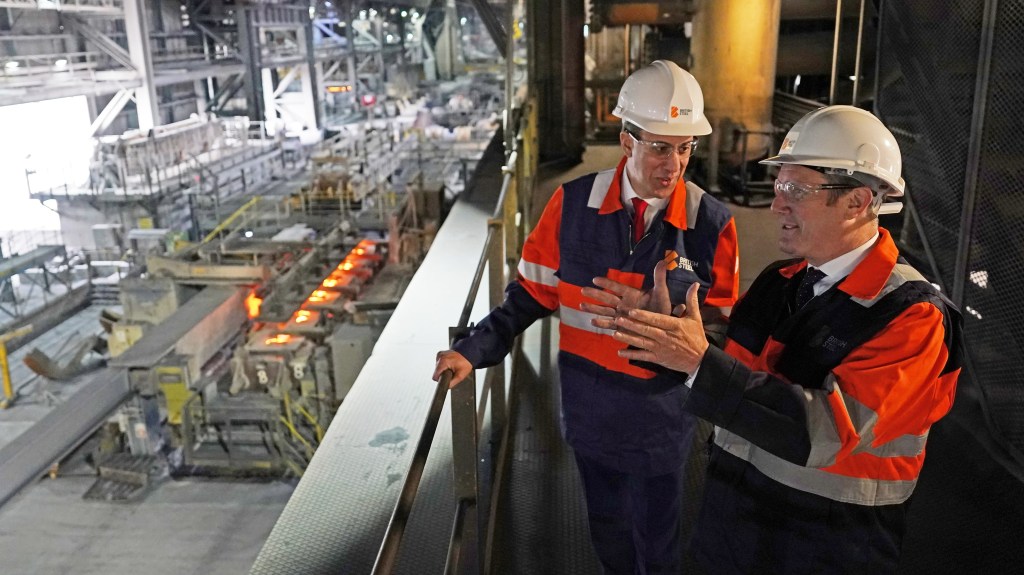Glencore Retains Coal Mines After Shareholder Consultation
After consulting with shareholders, Glencore has decided to keep its coal division intact, foregoing a previous plan to spin off the lucrative yet environmentally detrimental business.
The FTSE 100 mining giant revealed that 63% of investors supported maintaining ownership of the fossil fuel assets. This decision allows the company to use the profits generated to invest in ‘green’ transition metals and to ‘accelerate and optimize the return of excess cash flows.’
CEO Gary Nagle argued that retaining the coal assets would be more environmentally responsible than divesting them. He believes that Glencore, as a London-listed miner, is better suited to minimize the environmental impact of coal operations.
• What does Glencore retaining coal mean for climate targets?
Nagle stated that ‘sense is starting to prevail’ in the environmental, social, and governance (ESG) debate. He noted that even some left-leaning non-governmental organizations support listed companies retaining their coal divisions.
He added: ‘The overwhelming feedback was that spinning off the coal business would actually be ESG-negative. Keeping it within Glencore, under our responsible operational practices and a strategic plan for a gradual rundown, is better than risking the uncertain consequences of it being in new hands.’
Over the past year, Glencore increased its coal investments by acquiring Elk Valley Resources, a steelmaking coal business, from Teck Resources for $6.9 billion.
The company initially planned to spin off the coal division post-acquisition to focus on transition metals like copper, essential for electric vehicles, wind turbines, and other renewable energy infrastructure.

Nagle said: ‘Retaining the coal assets should enhance Glencore’s cash-generating capacity, enabling us to fund opportunities in our transition metals portfolio, such as our copper growth projects, as well as to accelerate and optimize the return of excess cash flows to shareholders.’
Analysts at Jefferies believe the cash flow from Glencore’s coal operations could also finance acquisitions of additional assets, such as Anglo American’s steelmaking coal business, which is being sold to elevate its share price after a bid by BHP earlier in the year.
• Buyers showing interest in global mining assets
However, Jefferies analysts warned that increasing coal exposure could negatively affect Glencore’s equity value.
The Australasian Centre for Corporate Responsibility (ACCR) estimated that Glencore’s acquisition of Elk Valley Resources would boost its coal inventory by over 30% until the mines cease operations.
Naomi Hogan, company strategy lead at the ACCR, said: ‘With the EVR acquisition and the retention of the coal business, Glencore must update its climate strategy promptly. Investors need clarity on how the increased coal exposure will impact Glencore’s climate transition risk management.’
She added, ‘Given the abandoned demerger plans, we expect Glencore to commit to an updated climate plan. Investors must understand how this coal acquisition affects Glencore’s emissions reduction targets.’
Glencore’s Interim Results Impacted by Declining Coal Prices
Despite Glencore’s shares performing well on Wednesday, the company fell short of earnings estimates due to a significant decline in coal prices.
The mining giant’s group adjusted earnings before interest, tax, depreciation, and amortization (Ebitda) decreased by 33% to $6.3 billion for the six months ending June 30. Analysts had forecasted earnings between $6.8 billion and $6.9 billion.
Thermal coal prices on the Newcastle and AP14 benchmarks dropped by 36% and 22%, respectively, over the six-month period, compared to the first half of 2023. Meanwhile, copper prices rose by 4% on average, and zinc prices fell by 7%.
Overall, Glencore reported a 9% increase in revenues from $107 billion to $117 billion. Its decision to retain coal assets boosted share prices by 11p, or 2.8%, closing at 404p.
Analysts at RBC Capital Markets forecasted a rise in Glencore’s shares, highlighting that it is the only major miner not exposed to iron ore during a period when iron prices are expected to underperform compared to commodities like copper and coal.
RBC Capital Markets analysts noted that the company’s share price would be driven by its ‘attractive valuation, commodity exposure, and the potential for special distributions.’
Jefferies suggested that any negative impact on Glencore’s share value due to coal exposure could be mitigated by shifting its primary listing to the US, where coal companies generally enjoy higher valuations.




Post Comment